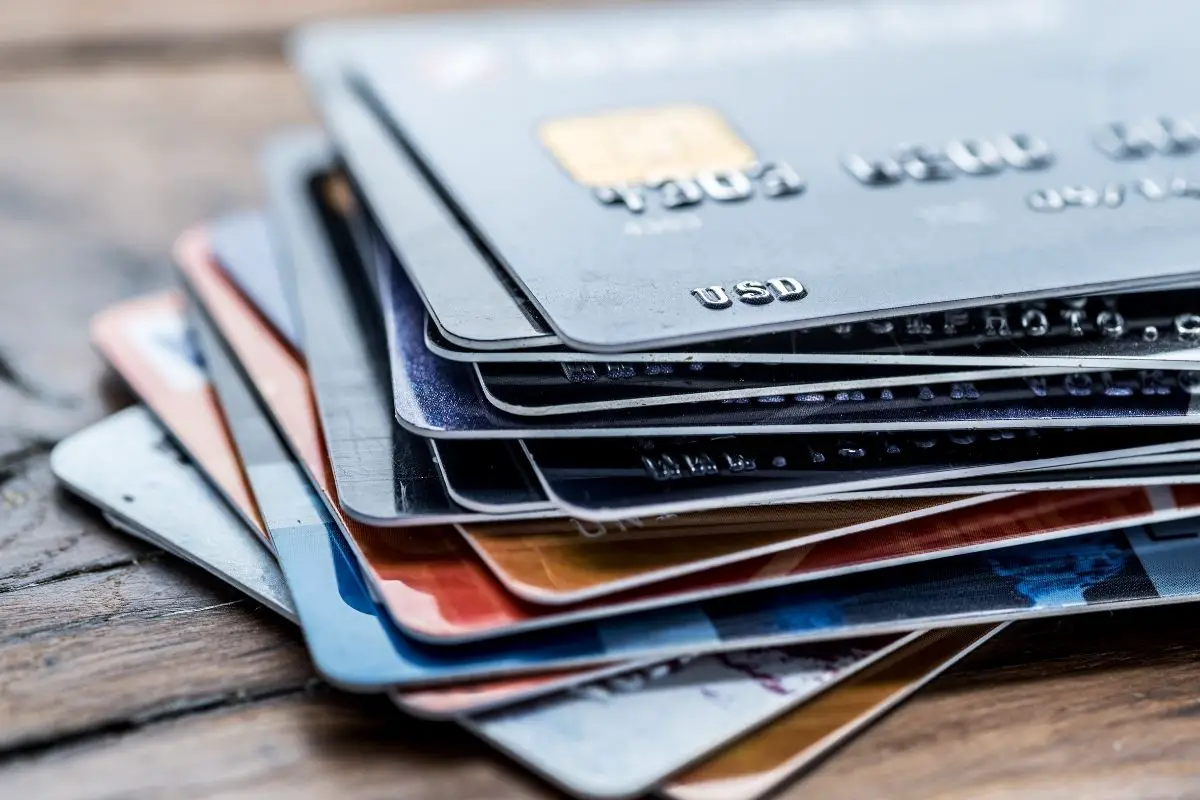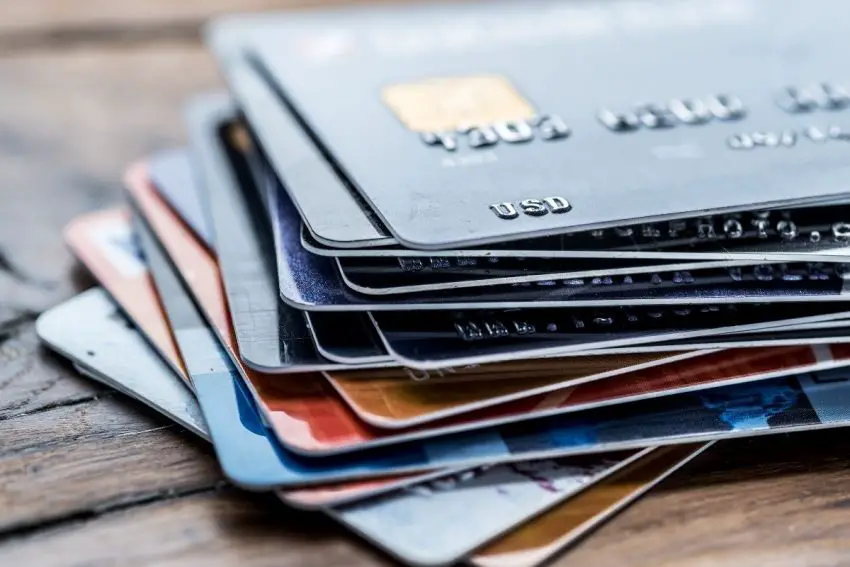It is always important to know what is and is not getting taxed in your personal taxes as this can be the difference between properly filling out your tax return, and getting in hot water with the IRS.

If you can feel tax season approaching, and you are not sure about what is and what is not taxable we are here to answer some of your questions!
One of the most important aspects of completing your tax return is knowing what actually constitutes an income, and what of it is taxable.
One of these forms of income which not everyone knows the truth of are some forms of credit card rewards.
As a benefit for using a certain credit card you can gain points and miles which can all be incredibly beneficial for your personal finances.
If you rely on these forms of currency quite often you could be worried that you are forgetting to count them as taxable.
There is great news here however, for the most part, these rewards which you earn from using your credit card will usually not need to be reported to the IRS and because of this you will not need to pay taxes for them.
In spite of this, there are a couple situations which can occur where you need to report and pay taxes on miles you could have earned.
If you want details on these kinds of situations, keep reading to work out when they could apply to you, but if you are in a more niche situation, the best thing you can do is contact your credit card company or a tax professional for advice.
Contents
What Are The Different Types Of Credit Card Benefits And Rewards?
There can be a massive variety of the different types of credit card rewards and benefits you could receive with most of the common ones coming in the form of airline miles or cash back for certain purchases.
But when it comes to taxes there are 2 main types of credit rewards which should be considered:
- Rewards which are given as a rebate for spending
- Rewards which are treated like an income which are in exchange for doing something.
When it comes to utilizing these rewards, they both act quite similarly, but when it comes to taxing them they are treated significantly differently.
Generally speaking, you do not have to pay tax on the rewards which are considered a rebate for spending.
However, the rewards which act as a secondary income will be treated like any similar income and will be taxed like an income which you earn at a job.

Credit Card Rewards Which Are Considered An Income
Sign Up Bonuses For Bank Accounts
You commonly hear, or may have utilized a sign-up offer which is used as an incentive for getting a new bank account.
This will usually take the form of a deposit which will go straight into your new account, but it will sometimes come in the form of reward points or airline miles.
No matter what form this income takes, there should be a 1099-INT form used to display their value and this is what you use to know how much you are getting taxed.
Rewards often have a clear translation into cash value so whatever form the benefits come in they will be properly taxed like they are a cash income.
Friend Referral Bonuses
Similarly to the aforementioned sign-up bonuses, banks will often offer mutual benefits for you and a friend if one of you convinces the other to sign up for a bank account.
Similarly to the previous point, this reward could come in a variety of different forms, but this one is most likely to just be cash.
These rewards need to be taxed because they are likened to performing a service for a commission for the bank and the income received will therefore be taxed.
The 1099-MISC Form
The institution which is giving you these rewards will often give you a 1099 “Miscellaneous Income” form alongside your bonus and this form should be used to show the amount of income which has been earned from these rewards.
This will be useful and often needed when filing your taxes.
If the reward you have received is less than $600 in value, there is a higher likelihood that you will not receive a 1099-MISC form, but you can usually request one, and either way you will need to report the correct income on your tax return.
What Credit Card Rewards Will Not Need To Be Taxed?
Credit Card Rewards
In most cases, you will not need to pay any taxes on points, miles, or cash back that is given from using a credit card.
No matter how these points are earned with a few of the aforementioned exceptions.
Because most of these rewards are earned through purchases, the IRS sees them as a discount or rebate rather than an actual income.
This is like how we do not tax coupons or rewards from other purchases.
There have been some new US Tax Court rulings that have made it, so some rewards can be taxed under specific circumstances.
This is usually in the case of purchasing certain items to gain a reward, but these are very unlikely to affect most people, but if you are unsure, contact a professional.
Miles From Traveling
Miles which are gained from traveling are nearly always not taxable especially if they are for personal travel and will be seen as a rebate.
If they are gained from government or business travel they could be treated differently, but this is usually made obvious if you are in those circumstances.
Takeaway
For the most part, credit card rewards are not taxable, unless you have fulfilled some sort of service for the bank, and you are being given an income for this.
But for most circumstances do not worry but if you rely on these bonuses a lot, checking with a tax professional will usually be beneficial!





